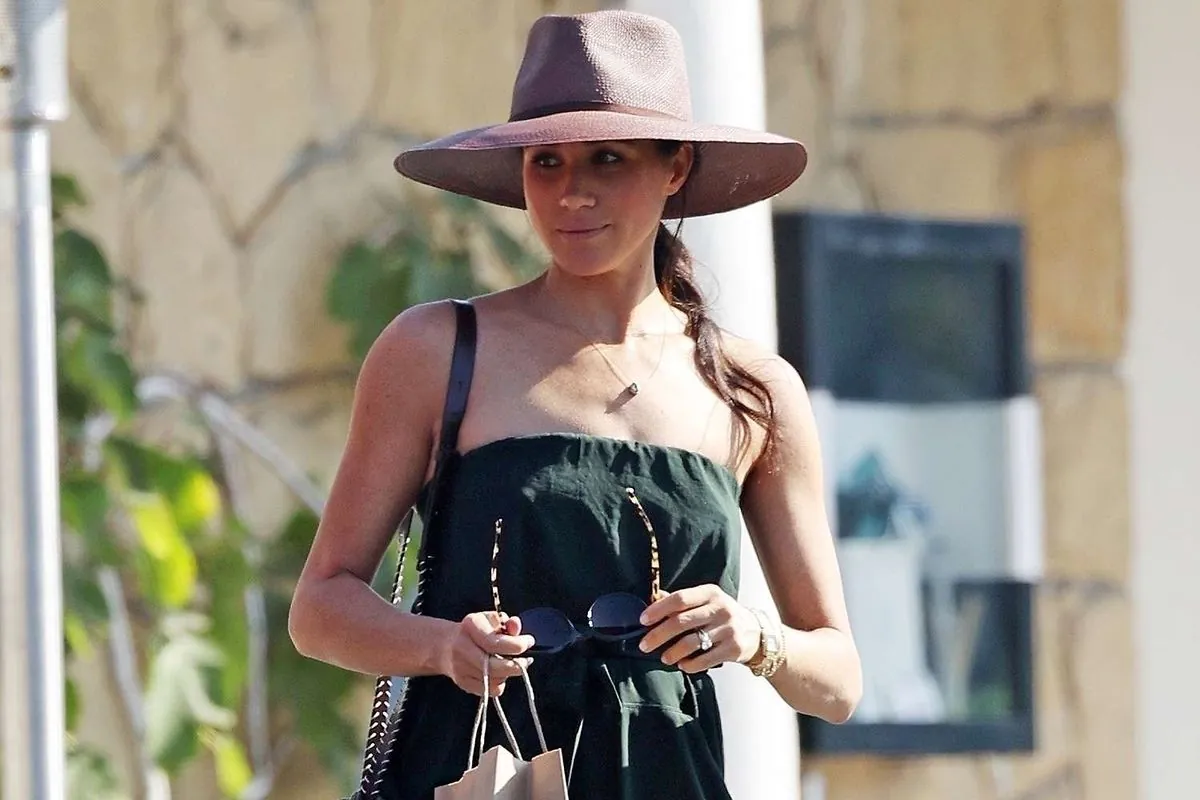Meghan Markle's "American Riviera Orchard" Trademark Bid Rejected by USPTO
The US Patent and Trademark Office has refused Meghan Markle's application to trademark "American Riviera Orchard," citing geographical naming issues and product description concerns. The Duchess has three months to respond.

The United States Patent and Trademark Office (USPTO) has declined Meghan Markle's application to trademark "American Riviera Orchard" for her new commercial venture. This decision, made on June 1, 2024, highlights the complexities of trademark law and its application to geographical terms.
The USPTO's primary objection stems from the use of "American Riviera," a widely recognized nickname for Santa Barbara, California, where Prince Harry and Meghan reside. The agency emphasized that businesses cannot trademark geographical locations, stating that the addition of "Orchard" does not sufficiently distinguish the mark from its geographical connotation.

This rejection comes as a setback for the Duchess of Sussex's brand, which aims to promote a domestic lifestyle through various products. The venture, soft-launched on March 14, 2024, intends to offer items ranging from jams and cutlery to cookbooks and placemats.
In its 46-page document, the USPTO also raised concerns about the broad descriptions of Meghan's proposed products. For instance, the agency noted that "cocktail napkins" could be classified under paper or textiles, while "cooking utensils" might be manual or electric, potentially fitting into multiple trademark categories.
The ruling underscores the principle of keeping geographical names available for all businesses in the area to indicate their products' origin. The USPTO stated, "A public association of the goods and services with the place is presumed," given that the brand name directly references the location where Meghan Markle resides.
Meghan now has until June 3, 2024, to address this "non-final officer action" and must pay an additional $700 to proceed with the application. One potential solution is to submit a disclaimer, acknowledging no exclusive right to use "American Riviera."
This isn't the first trademark challenge faced by the Sussexes. Previously, their attempt to trademark "Archetypes," the name of Meghan's podcast, was rejected due to potential confusion with existing brands.
The situation highlights the intricate nature of trademark law, which aims to balance business interests with consumer protection. Established in 1802, the USPTO processes hundreds of thousands of trademark applications annually, playing a crucial role in safeguarding intellectual property rights.
As Meghan navigates this legal hurdle, it's worth noting her previous experience in the lifestyle sector. Before joining the royal family, she ran a blog called "The Tig," demonstrating her long-standing interest in this field. The couple's move to Montecito, Santa Barbara, in 2020 after stepping back from royal duties has clearly influenced their new ventures.
The use of social media influencers for product promotion, as seen with Meghan's distribution of homemade strawberry jam to high-profile friends, reflects modern marketing strategies. However, this approach now faces the challenge of aligning with complex trademark regulations.
As the deadline approaches, all eyes will be on how the Duchess of Sussex responds to this setback in her entrepreneurial journey.


































